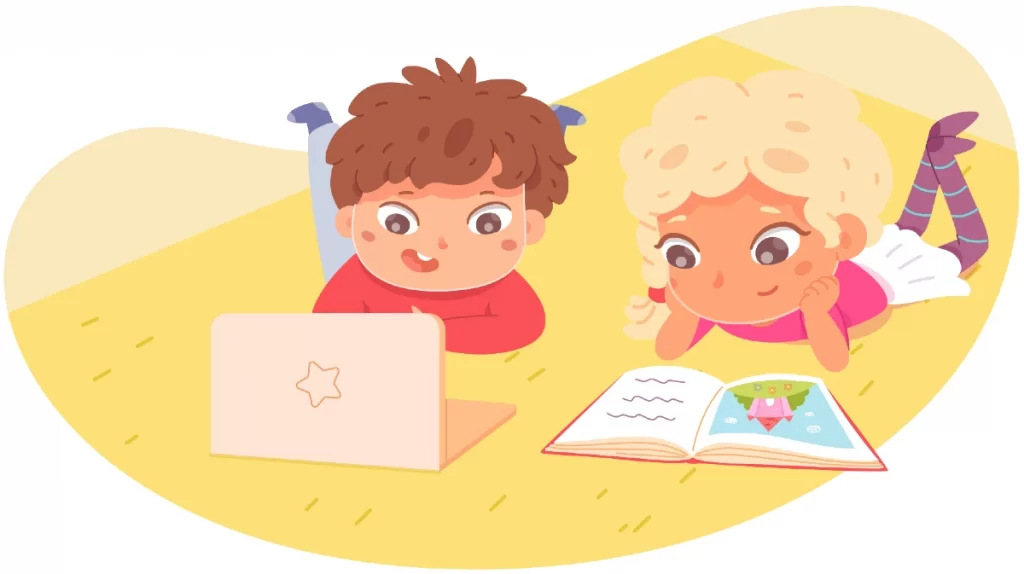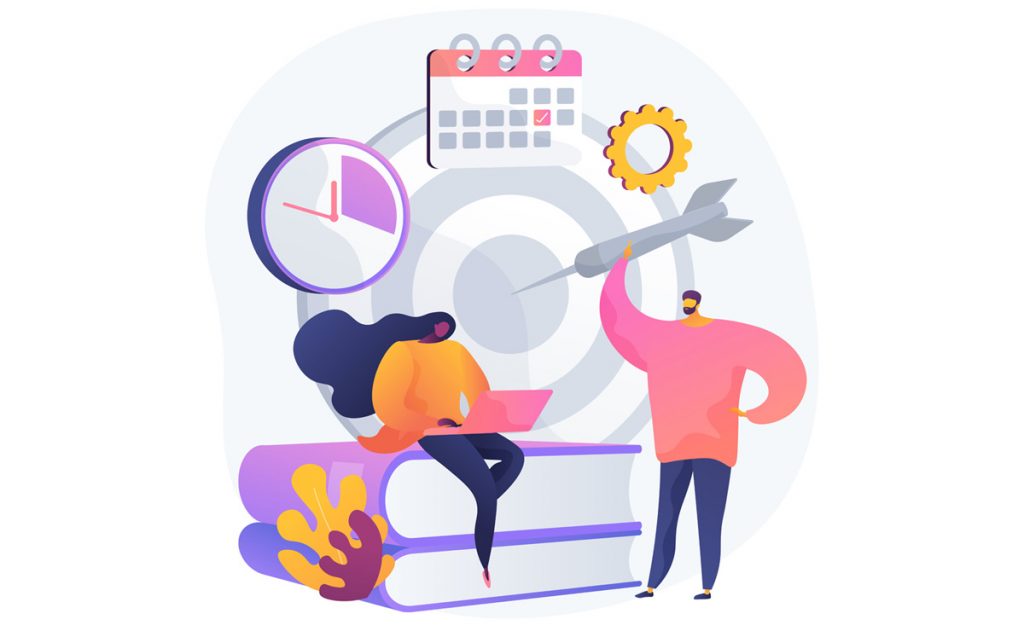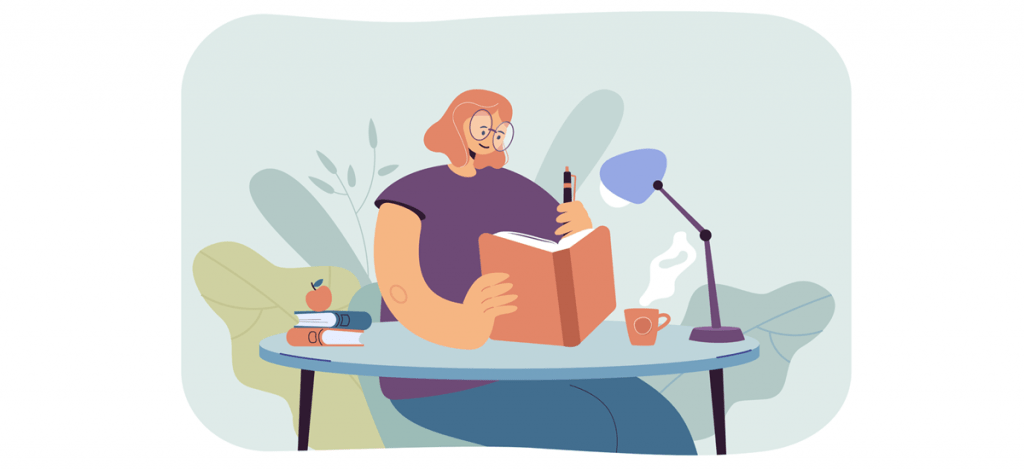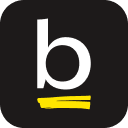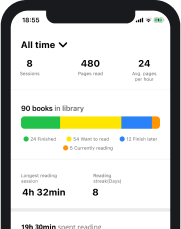Learning to read is an exciting time in the life of every single child out there. As parents, we know what a great world of opportunities opens up in front of a child who just learned to read, but when do kids learn to read?
They can start reading age-appropriate books that are going to teach them incredibly important life lessons, they will have the immense freedom to learn about the things they are interested in, and they will start a mental development process that cannot be matched by any other activity.
So, when do kids start reading? All toddler parents out there must have asked themselves this question so far. And since we support reading as an activity for all ages, Basmo has all the answers.
At what age should a child start reading?
According to experts, most children get a hang of reading around the ages of 6 and 7. That being said, this average reading age should be seen just for what it is: an average.
Learning to read is a process with several important milestones along the way and children are all different. While some may get through this process quicker, others take longer to learn to read. And while the general consensus is that the earlier a kid learns to read, the better he will perform later in school, the truth is that no real correlation has been found to support that through hard evidence.
The chances of a child who learns to read very early on to become a passionate reader later in life are pretty much equal to those of a slower learner. As I said, learning to read and becoming proficient in this activity is a slow process that usually takes several years for the average kid. And actually learning the skill and learning to love and appreciate reading as an activity are two completely different things. There is no rule or actual evidence suggesting that a child who was slow in the process of learning to read won’t catch up with the quicker learners in later years.
So, as parents, we should never take these averages too seriously. While they do provide a valuable guideline on what our children should be able to do at certain ages, it is important to remember that all children are different and that is not necessarily a bad thing.
That being said, there is a point in your child’s life when you should start worrying if he is still unable to read fluently by then. After the age of 8, if the child is still struggling with learning to read, and especially if there is a family history of reading or learning issues, it would be a good idea to start investigating further. Reading difficulties are generally genetic (there’s a 50% chance for a child to have trouble learning to read if an older sibling also has a reading issue).
How to tell if your toddler is ready to learn to read?
We all want what’s best for our children and we all secretly hope that they are little geniuses. While that is rarely the case in reality, it’s still a good idea to pay attention to the signs. The importance of reading at an early age is well known and it does come with certain advantages, even though it is not a guarantee that the kid is going to outperform his classmates in school.
So, now that we know what the average age for learning to read is and when we should start worrying, let’s move to the other end of the spectrum and see the glass half full.
While certain studies suggest that some children may be able to start learning to read as early as age 3, the most important thing for us parents to do is to pay attention to our children and look for the signs that they are ready. Reading at age 3 may seem impossible, but here is how our toddlers may show us that they are ready to learn to read.
Motivation and interest
As you already know if you’re raising a toddler, not much happens unless they are onboard with it. That is why the very first and probably most important sign to look for in your toddler is whether he shows an interest in books and reading in general. If your child has the motivation to start reading by himself and you fuel this interest with your knowledge, chances are you are blessed with a fast-learning reader.
Print awareness
Next up, you should make sure that your toddler actually understands what is going on when a person reads. That means understanding that we look at the symbols on the page, we identify letters, we form words, and with words, sentences.
A good way to test this is to check out if your child makes a difference between the pages with text and those with illustrations while you are reading to him. If the child can make a clear distinction between text and illustrations, if he realizes for example that you are holding the book upside down while reading, these are good indications that he is ready.
Recognizing letters
The ability to recognize letters is obviously a very important one when looking to find out if a toddler is prepared to learn to read. The process usually starts with capital letters and even though children may not be able to identify all the letters, the simple fact that they can identify some is still a good sign that the child is ready to start learning them all. This shows that they understand the concept of a letter and that they can match the shape of the letter with its sound, which brings us to the next and last important sign.
Phonological awareness
Through phonological awareness, we understand that a child is able to recognize the fact that written words match certain sounds. A child with phonological awareness will be able to identify the first letter of a word and will be able to identify the syllables in a word. This last step is extremely important because it is one of the stepping stones of learning to read.
Why kids might have trouble learning to read?
Before exploring a couple of common reasons why children may have a hard time learning to read, we cannot stress enough the importance of having reasonable expectations from our kids. First, we need to make sure that we understand when should kids start reading, from what age is the inability to read really a problem, and only from there can we start working on fixing whatever is wrong. Expecting our children to do any kind of reading at age 2 is completely unreasonable and even expecting them to get into reading at age 4 is still a little far-fetched.
That being said, the most common reason why children have trouble learning to read is simply that they are still not mentally developed enough for this activity. In countries where mandatory education starts at age 4 for example, things can get so competitive in the educational area that there have been reports of parents hiring tutors for their children as early as age 4.
If a child is not ready to start learning to read and didn’t display any of the signs I presented above by the age of 4 or even 5, there is no reason to worry. Children develop differently, we all raise them differently, and that is perfectly fine. Some kids are born with natural physical abilities that exceed the averages for their age, others have mental abilities that go beyond what is expected of them.
For children that have reached the age when they really should be reading (6-7), the most common real reading issue is caused by dyslexia. This condition affects around 20% of the population (in other words, 1 in 5 children suffers from it – in a class of 20 children, it is expected statistically that 4 of them will suffer from dyslexia) and is relatively difficult to diagnose before the first years of school. Not only is dyslexia very widespread among the population in general, but it is the main culprit in 80-90% of the cases of learning disabilities.
Another common reason for children to find it difficult to learn to read is ADHD. Attention deficit disorder is quite difficult to tackle and affects many aspects of the lives of millions of children and adults. Children suffering from ADHD find it difficult to focus on anything for as long as they should, as their mind is constantly racing and they are in a constant state of mental overdrive.
For children aged 8 and above who haven’t been diagnosed with a learning disability or other mental issues, but are still not the best readers, parents could use a reading tracking app like Basmo.
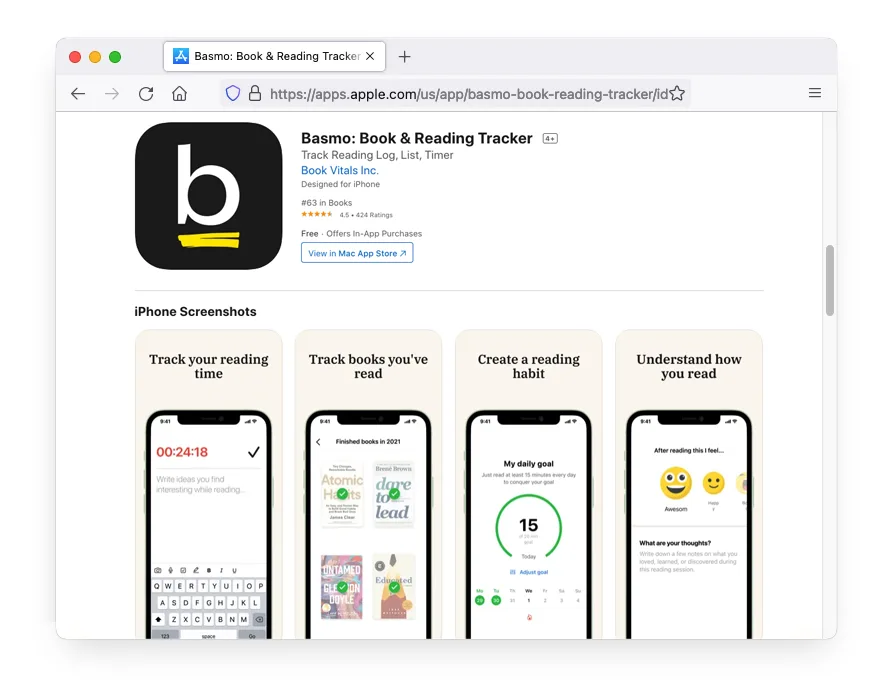
With Basmo, you can easily keep track of your child’s reading. It provides interesting statistics about reading performance, such as reading speed, the number of pages read every day, time spent reading, and comes packed to the brim with other features that can benefit the process of teaching your child healthy reading habits:
- Reading session scheduler
- Reading lists
- Reading journal
- Setting reading goals
What helps kids learn to read?
Here are a couple of things that are very likely to help your child learn to read even from a young age.
Read to your child
Reading to children is essential. The more we read to our children, the better our chances of raising future readers. They learn the basic concepts of reading, they understand how the written text has an equivalent as a sound, and they learn the first steps to developing healthy reading habits.
Teach them simple words
Learning to read needs to start slow, especially if your child is very young. Make some cards at home and teach your child to identify the words on them through pictures. Place the word banana on a piece of paper right next to an actual banana. Wear a shirt that reads “MOM” on your chest. This will teach them to associate written words with their physical meaning.
Play word games
Word games are not just a fun way to pass the time on a long road trip. They can have a significant value in your child’s process of learning how to read. The games force your child to think of words and to understand how they are formed. Not only that, but they also have a good potential to enrich your kid’s vocabulary.
Letter magnets
Magnets are fascinating, there is no question about it. They will entertain your child endlessly, and if you choose a magnetic letter set, you are going to mix business with pleasure in a magic way. Your child is much more likely to learn the letters quicker, since they are in front of him in a physical form and he can analyze their shapes, and you will also be able to actually show him how words are formed from letters.
What are the reading milestones?
A very important aspect in the process of teaching our children to read or understanding their progress is knowing what to expect. We analyzed in-depth the process of learning to read, and we also found out all there is to know about the five reading milestones our children need to make their way through in order to learn to read:
- Phonemic Awareness
- Phonics
- Fluency
- Vocabulary
- Comprehension
These five components represent, in order, the five milestones your child is going to go through on his way to becoming a good reader.
Final thoughts
So, when do kids learn to read? The truth is that each kid will read as soon as he is ready. Our job as parents is to make sure to always pay attention to the signs that they might be ready to learn and waste no time. Use Basmo on this amazing journey and you will thank yourself for the choice you made today.
Give Your Reading Experience
An Extra Boost With Basmo
Track the books you read, monitor the time you spend reading and keep notes on your reading habits and how it makes you feel. You can set yourself targets for the time you spend reading and you can get notified whenever you’re behind on your reading time.
